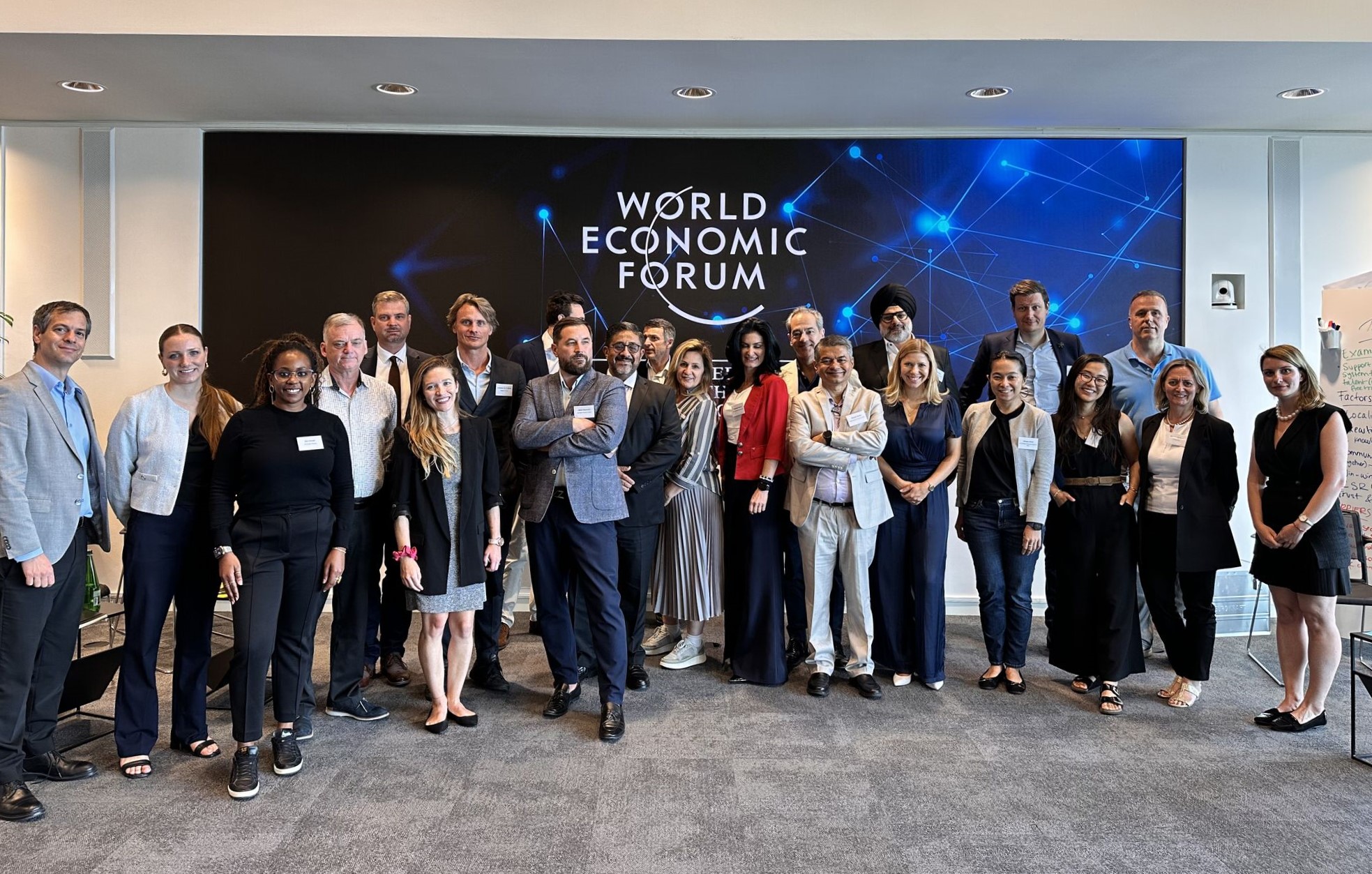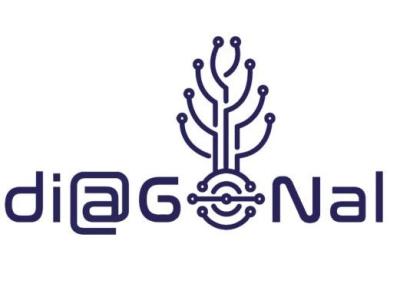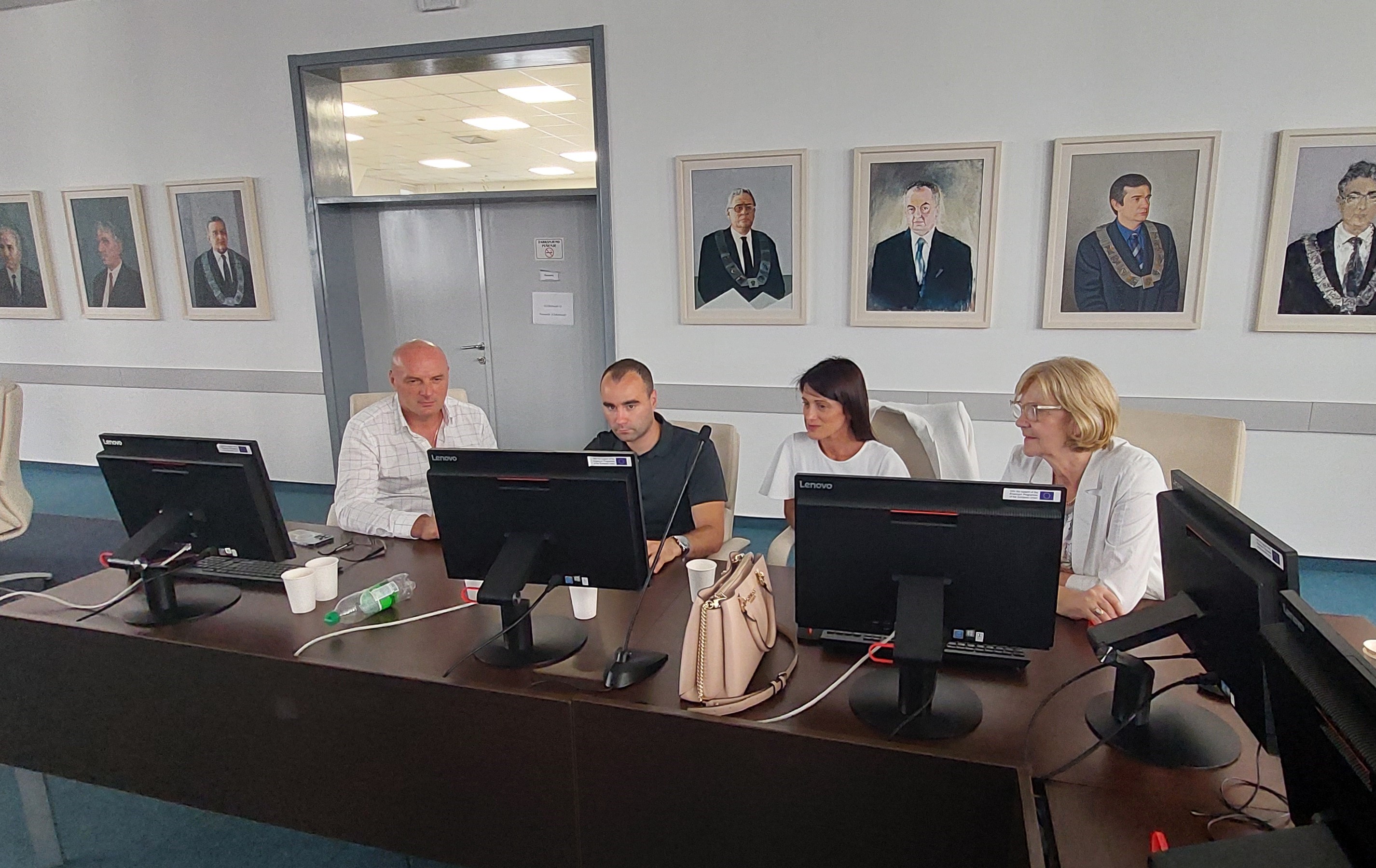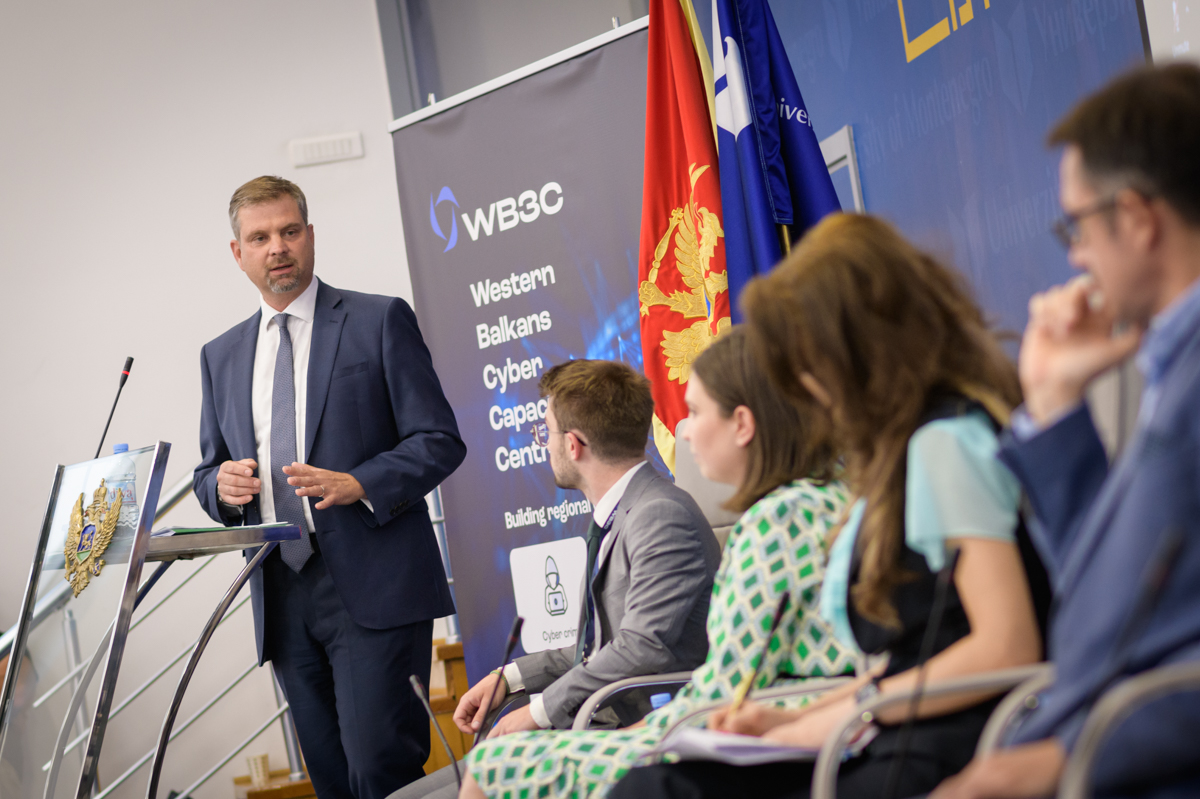Donation of the Diagonal pre-diagnostic tool for assessing cyber maturity
About Diagonal:Developed by the FrenchGendarmerie and originally designed for small and medium-sized enterprises, health institutes and municipalities, Diagonal is a pre-diagnostic tool that assesses cyber maturity and identifies actions to enhance protection against cyber threats. On 12 June, this tool was donated to public administrations across the Western Balkans as part of the WB3C's support in buillding cyber resilience of the region.
Why Diagonal?
With the rise in cyberattacks, it is crucial for public administrations to be well-prepared. Diagonal helps in understanding vulnerabilities and developing an effective security strategy. It facilitates the identification of priority projects to secure against online threats and supports strategic decision-making.
Key Objectives of Diagonal:
- Assess cyber maturity: Understand the current level of cybersecurity within the administration.
- Identify improvements: Suggest both human and technical areas for enhancement
- Collect data: Gather statistical information on prevalent cyber threats.
Main features:
- Cyber risk assessment and strategy development.
- Monitoring and awareness programs.
- Evaluation of service provider dependencies.
- GDPR compliance checks.
- Technical infrastructure security.
- Incident response and business continuity planning.
This initiative is part of a series of actions by WB3C to support Western Balkans administrations, significantly contributing to building regional cyber resilience. Diagonal is not a replacement for a comprehensive audit but serves as an essential first step in fortifying our defenses against cyber threats.
Major David Toulotte of the Commandement du ministère de l’Intérieur dans le cyberespace (COMCYBER-MI), one of the co-creators of the tool, and Colonel Laurent Baille of the French Gendarmerie - ComCyber-MI Strategic International Cooperation, together with Cedric Grousset, Director of Studies of WB3C, presented the software to our beneficiaries and held workshops on its use.






